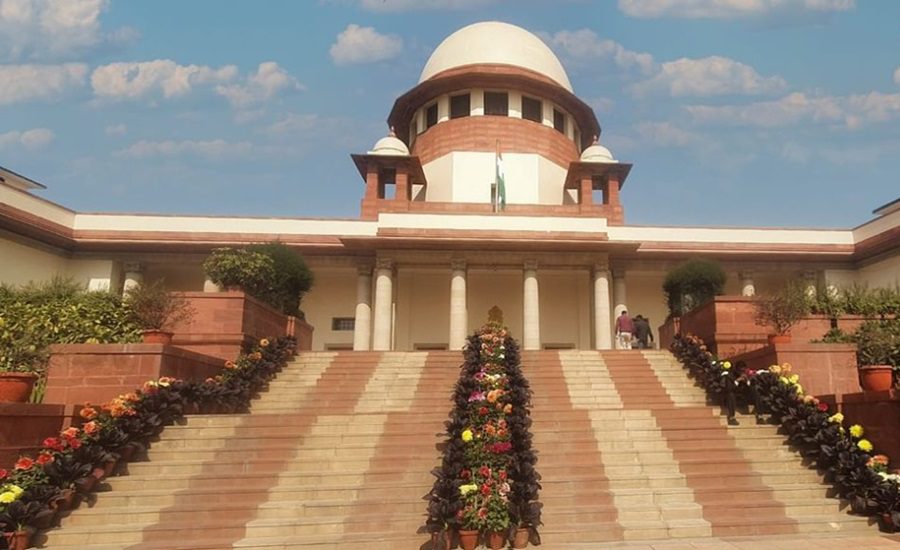New Delhi: The Supreme Court has issued a categorical directive to all High Courts and trial courts across the country, banning the practice of granting regular or anticipatory bail solely on the basis of financial undertakings or promises to deposit money. The apex court termed the trend a threat to judicial credibility, cautioning that such misuse is turning courts into instruments of manipulation.
A bench comprising Justices J.B. Pardiwala and R. Mahadevan passed the strong order while hearing an appeal filed by Gajanan Dattatray Gore, who had failed to honour a monetary commitment made as a condition of bail.
“Litigants Are Taking Courts for a Ride”: SC Slams Conditional Bail Practice
The court observed that in several bail proceedings, accused individuals secure bail by offering to deposit hefty sums, only to later default. In some cases, they even claim their lawyers made promises without their consent.
“We make it clear that henceforth no trial court or any of the High Courts shall pass any order of grant of regular or anticipatory bail on any undertaking that the accused might be ready to furnish,” the court stated firmly. “This practice has to be stopped. Litigants are taking the courts for a ride and thereby undermining the dignity and honor of the court.”
The judges further emphasized that bail should be granted purely on merit, based on the case’s facts, evidence, and legal arguments and not on any monetary assurance from the accused.
Also Read: No Room for Informality: SC Calls Out Social Ties Between Judges and Lawyers, Eyes Reform
Case Background: Gore Defaulted on ₹25 Lakh Promise
The order stems from a case involving Gajanan Dattatray Gore, who was arrested in a criminal case for allegedly misappropriating ₹1.6 crore. Initially, the Bombay High Court granted him bail based on an affidavit-cum-undertaking in which he promised to deposit ₹25 lakh with the trial court.
However, Gore failed to deposit the amount, prompting the complainant to file an interim application for cancellation of bail. The High Court agreed, modified its earlier bail order, and directed Gore to surrender before the Judicial Magistrate in Satara.
SC Rejects Appeal, Slaps Fine for Misleading the Court
Hearing Gore’s appeal, the Supreme Court was critical of the argument that the ₹25 lakh condition was unfair. The Court pointed out that Gore himself had volunteered the undertaking and now could not backtrack.
“In any circumstances, the High Courts or trial courts shall not pass a conditional order of regular bail or anticipatory bail,” the bench reiterated. It concluded that courts must exercise discretion only if the merits of the case justify it—and not rely on monetary promises to influence bail decisions.
The Supreme Court dismissed Gore’s appeal and fined him ₹50,000 for misusing the legal process and attempting to mislead the judiciary.
The appellant was represented by Advocate A.M. Bojor Barua, while Advocate Prashant S. Kenjale appeared for the respondent.
Also Read: Defence Land Under Siege: SC Told 2,024 Acres Illegally Occupied, Centre Initiates Eviction Drive



























